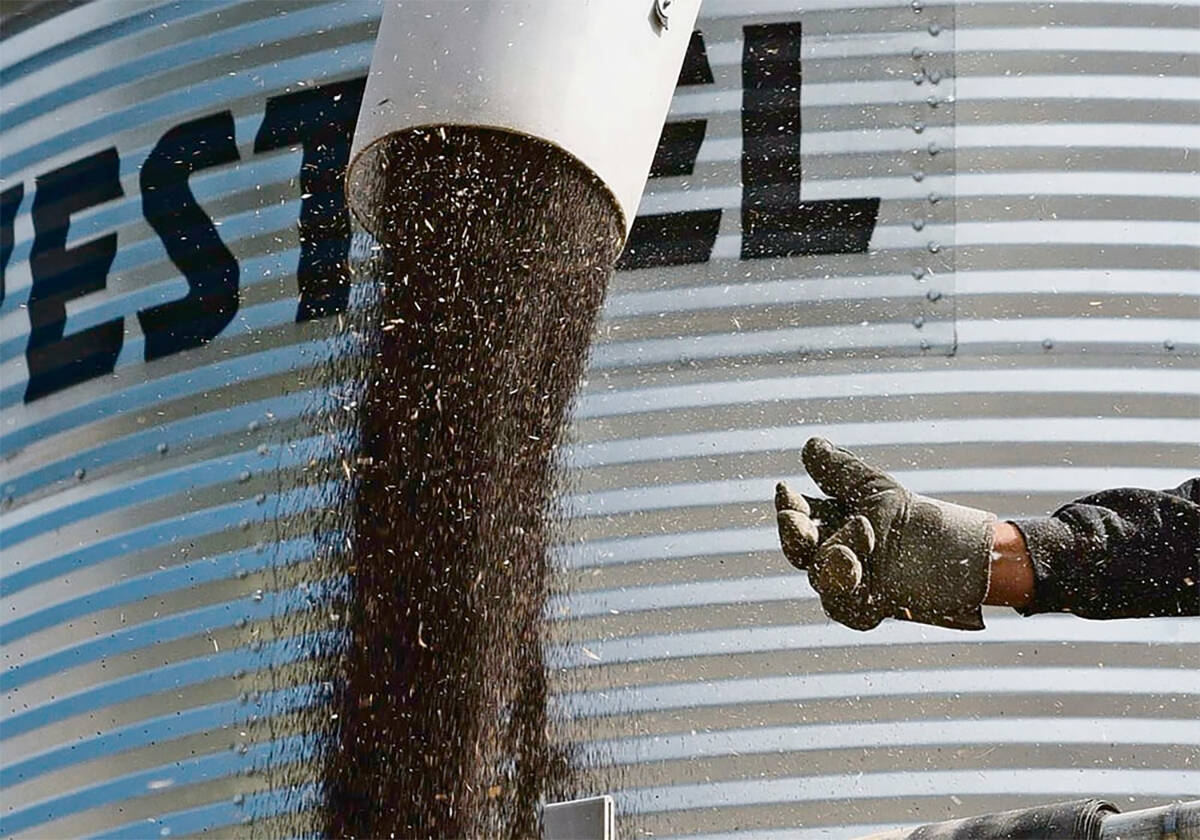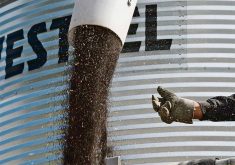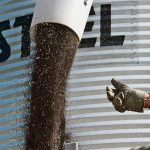Chicago | Grainews — Rising tension over increased Russian military presence in the Crimean peninsula has elevated concern in the western grain trade over exports in the near term.
“The concerns about exporting wheat and corn definitely are a short-term issue here that could delay some of the shipments out of that region of the world,” Jerry Gidel, chief feed grain analyst with Rice Dairy in Chicago, said here Monday.
That, in turn, means “people might have to adjust some short-term deliveries from other locations or purchase from Europe or us (the U.S.) or wherever.”
Read Also

Bunge forecasts 2026 profit below estimates on macroeconomic uncertainty
Bunge Global on Wednesday reported a 2026 profit outlook below analysts’ expectations.
Reuters quoted sources in Ukraine on Monday as saying Russia was massing armoured vehicles and deploying thousands of additional troops in Ukraine’s Crimea region, where Russia has maintained a naval installations in the post-Soviet era.
Russia’s President Vladimir Putin was quoted via Reuters over the weekend as saying he had the right to invade his neighbour to protect Russian interests and citizens.
Wheat and corn markets are most at risk in the short-term. Corn and wheat stayed firm in Monday’s markets, while soybeans had “an early emotional reaction and a setback since then,” Gidel said. [Related story]
“The market is concerned that the tensions in that part of the world could curb export activity,” Luke Mathews, a commodities strategist at Commonwealth Bank of Australia, was quoted by Reuters as saying Monday.
“The importance of the Black Sea region to global grain markets should not be understated.”
The big questions are how long tensions in the region are going to last and what issues develop, Gidel said in Chicago.
Concerns have been voiced about the conflict’s impact on spring planting, but Gidel said such concerns are premature. Financing of spring crops, he said, is “really zeroed in on corn and barley and maybe some canola or rapeseed.”
Most wheat in Ukraine is winter wheat, which he noted is “already in the ground and already going to be available for harvest this spring and summer.
“So I’d sense right now that unless things turn extremely negative, some crops will be planted and that type of thing.”
Ukraine’s new agriculture minister was quoted Monday via Reuters as saying the government will ensure political turmoil doesn’t reduce spring seeding.
The big issue now is how Russia and Ukraine can back away from further conflict, and Gidel said it would be hard for Russia to back away from the Crimean peninsula, given its history and ongoing military presence in the region. Ukraine relies on other ports, such as Odessa, for grain and other commercial products.
“Hopefully though some cooler heads will prevail concerning that.”
Canada’s Prime Minister Stephen Harper, in a statement Monday, said the situation in Ukraine “remains extremely serious for global peace and security” and called on Putin to “immediately withdraw his military.”
Putin’s actions “have put his country on a course of diplomatic and economic isolation that could well see Russia exit the G-8 entirely,” Harper said, referring to the forum for the world’s eight leading industrialized countries, whose next joint summit is scheduled for June in Sochi.
— Lisa Guenther is a field editor for Grainews. Includes files from Reuters and AGCanada.com Network staff.















